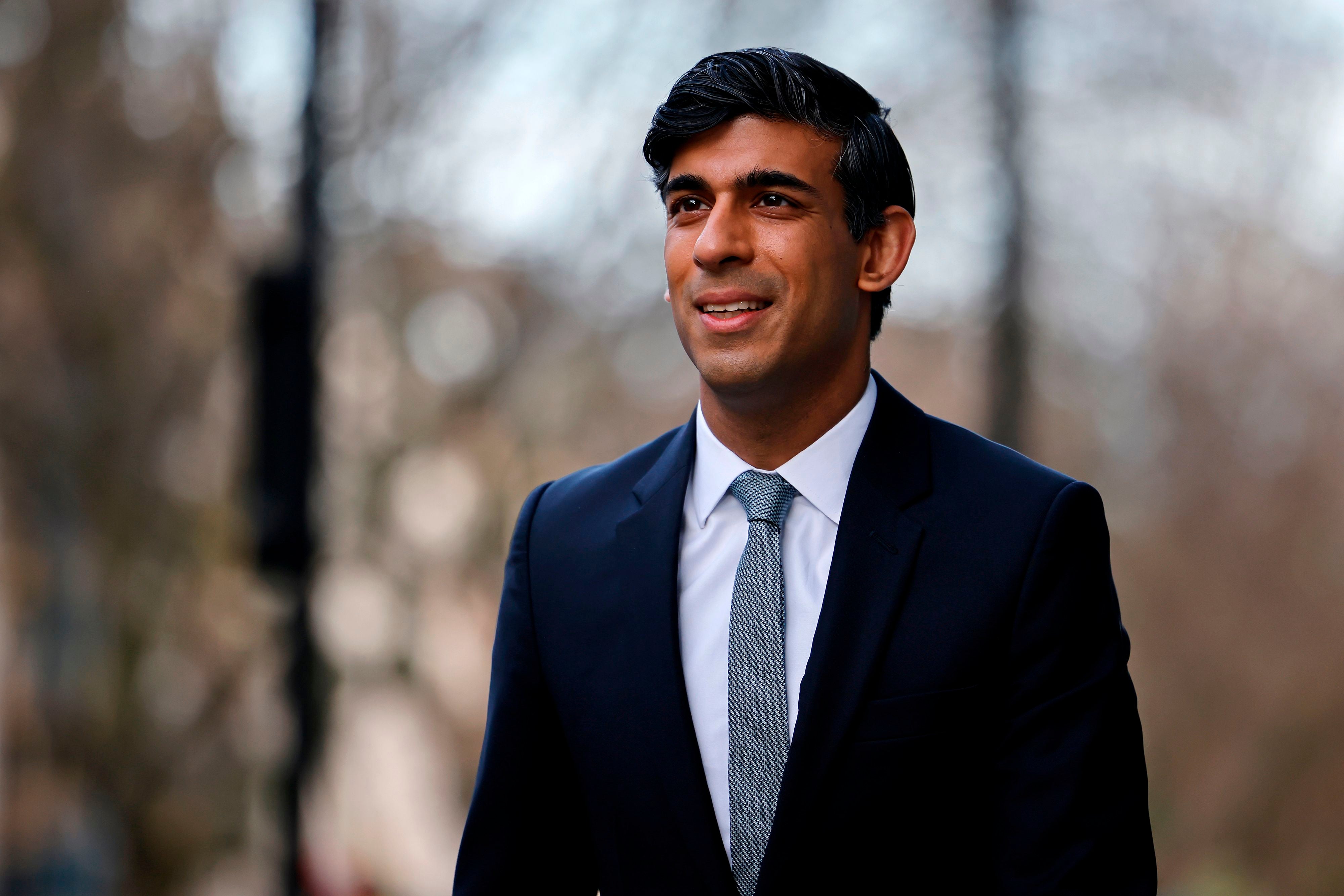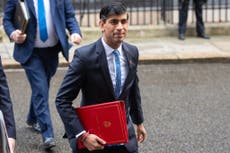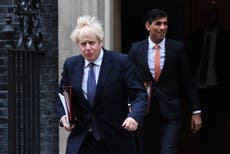Major spending decisions by Rishi Sunak must wait until the pandemic is over
Editorial: It is right that the chancellor should tell the country what is going on – but it would be foolish of him to bind his own hands

The chancellor’s public spending review will be one of the strangest economic statements to be made to the House of Commons since the end of the Second World War. It will indicate a public borrowing requirement for this financial year of around £370bn, a peacetime record and double the scale needed at the peak of the banking crisis in 2008. It brings the national debt to £2 trillion, equivalent to a year’s GDP. Next year is likely to be better, but how much better depends on such uncertain factors as vaccines, Brexit and fragile business and consumer confidence.
In one respect, the chancellor has an easy job. The sheer scale and immediacy of the pandemic, like a war for survival, leave a government with no choice other than to spend and borrow freely. In this emergency, thus far, the government has been able to fund its deficits via investors and the creation of money at the Bank of England, and with none of the usual fearful consequences for inflation. Interest rates remain at the historic lows first set over a decade ago.
Yet even in these circumstances there are choices to be made, and the early spin is that they are not necessarily wise or fair.
The chancellor need not, as has been rumoured, take early action to raise taxes. Any tax increases would only serve to depress consumer sentiment, possibly permanently. Though the borrowing has been vertiginous, the oddly serene bond markets mean that it is perfectly manageable. In the next 12 months at least there is no need for panic. That was the implied solid, steady conclusion of the governor of the Bank of England, Andrew Bailey, whose job it is to protect the purchasing power of our money.
That caution grows even more strongly for the equally disturbing reports about prospective real-terms cuts to public sector pay (through a freeze outside the NHS) and overseas aid. The arguments against each of these have been well-rehearsed and will be thrashed out again after the chancellor sits down.
The central argument against such cuts is one of fairness, for obvious reasons. The other is procedural. So many areas of public spending – such as defence, the big infrastructure projects or the schools improvement programmes – have been already laid out, for years ahead, so there is little room for manoeuvre in any other areas, especially when about £20bn has been inexplicably spent on test and trace, with little to show for it.
Major spending decisions, such as cutting the aid budget and abolishing the legal target for it, ought only to be taken when the pandemic is over and when a strategic multi-year review can be undertaken.
It is right that Rishi Sunak should come to parliament and tell the country what is going on, but it would be foolish of him to bind his own hands about choices best left until the crisis has passed – and when we finally realise what kind of a hit Brexit will make to our living standards.



Join our commenting forum
Join thought-provoking conversations, follow other Independent readers and see their replies
Comments